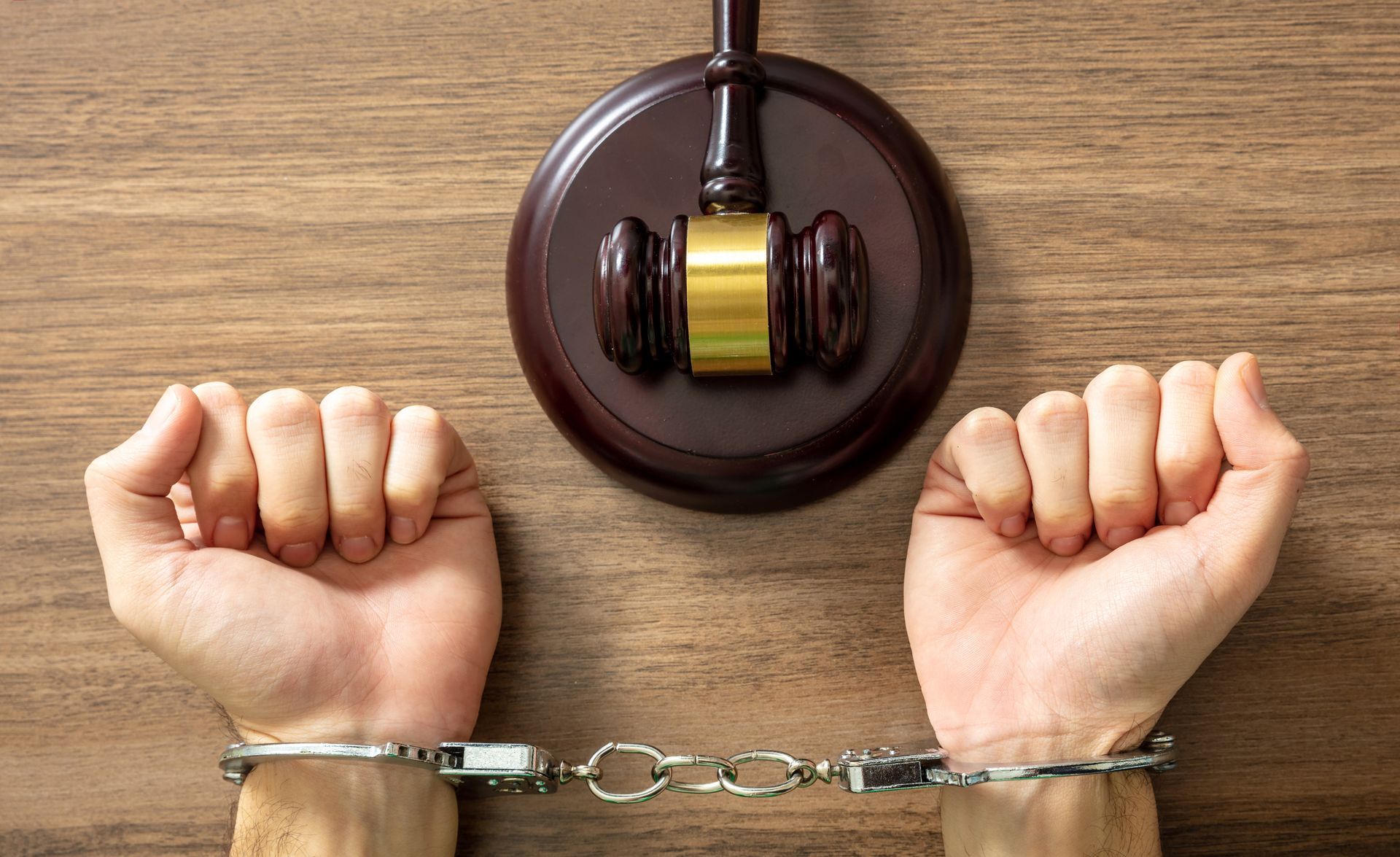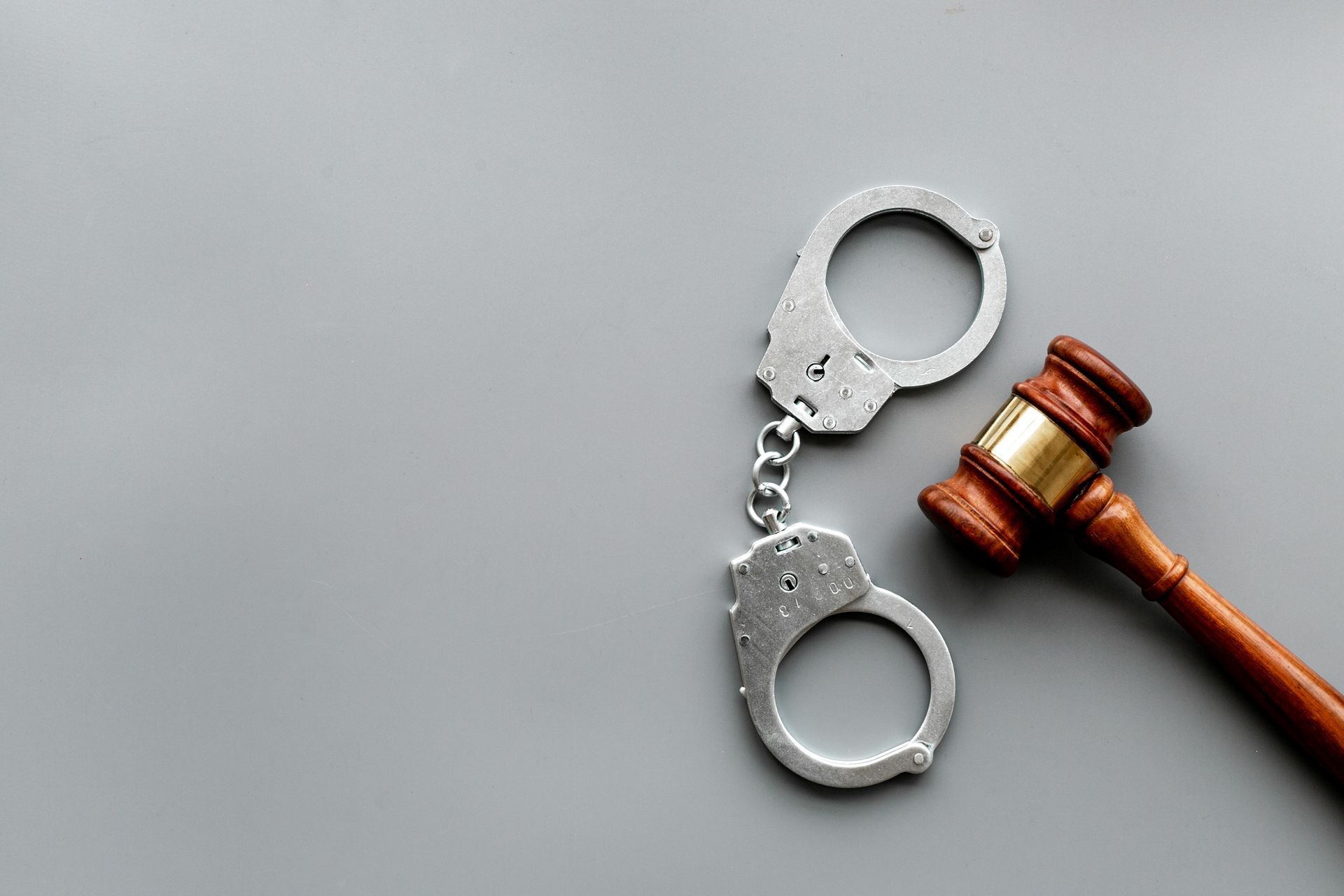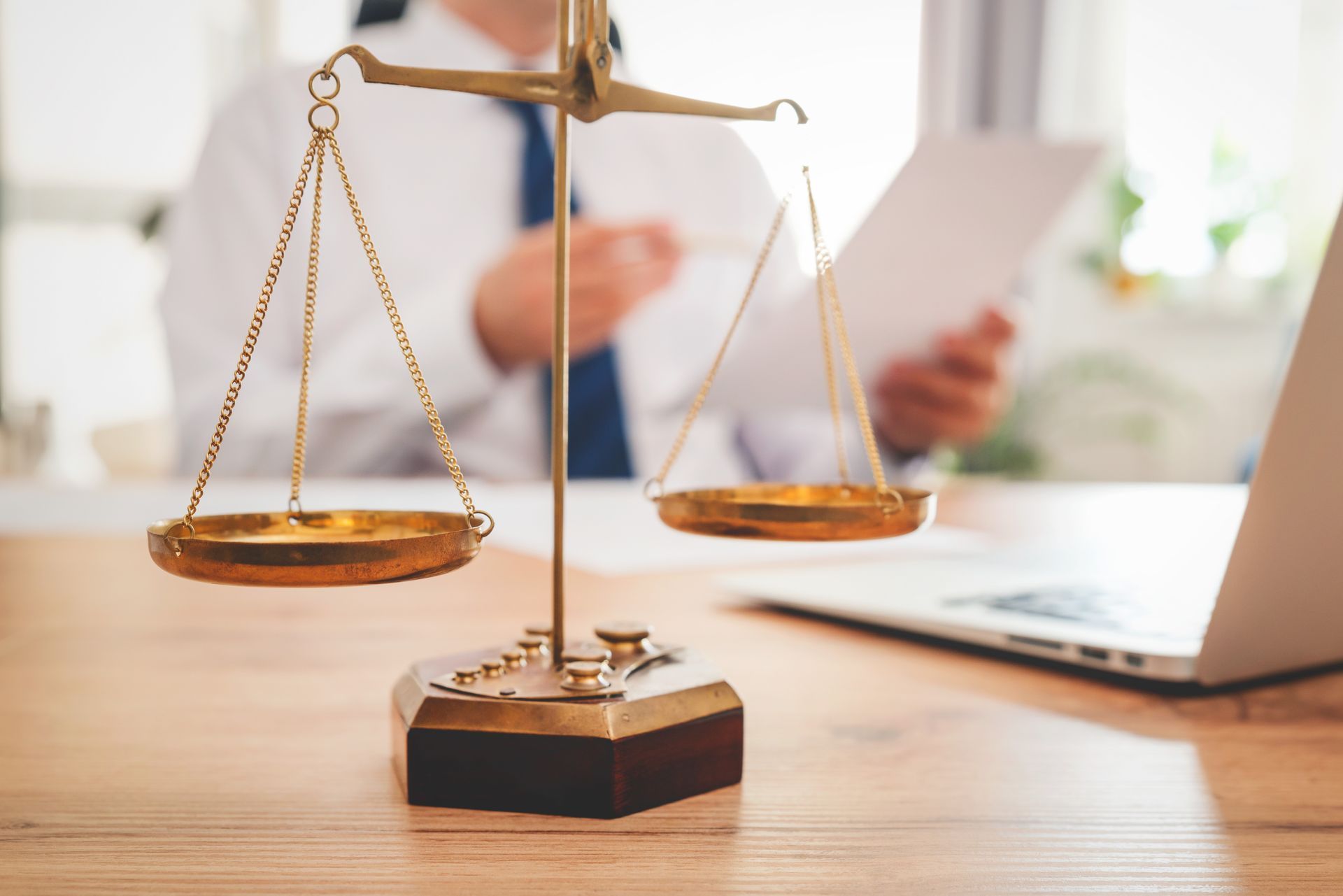What Are White-Collar Crimes? A Guide to Charges, Penalties, and Defenses
July 30, 2025
What Are White-Collar Crimes? A Guide to Charges, Penalties, and Defenses
White-collar crimes are serious offenses that typically involve deceit, financial misconduct, or abuse of trust—but unlike many criminal charges, they don’t involve physical violence. These cases often make headlines, involve high-stakes financial transactions, and are aggressively prosecuted at both the state and federal levels.
At William O’Neil Law Firm, we understand the complexities of white-collar crime cases and the heavy toll they take on your professional reputation, finances, and personal life. Here’s what you need to know if you’re facing—or suspect you could be facing—white-collar criminal charges.
Common examples include:
These crimes are usually prosecuted under federal law, though some are handled by state prosecutors depending on the amount of money involved or whether the offense crossed state lines.
The government may also file civil lawsuits seeking financial penalties even if criminal charges are dropped.
Contact William O’Neil Law Firm today to schedule a confidential consultation with an experienced white-collar crime attorney.
At William O’Neil Law Firm, we understand the complexities of white-collar crime cases and the heavy toll they take on your professional reputation, finances, and personal life. Here’s what you need to know if you’re facing—or suspect you could be facing—white-collar criminal charges.
What Is a White-Collar Crime?
White-collar crimes refer to non-violent offenses committed in commercial or professional settings. These offenses often involve fraud, misrepresentation, or breach of fiduciary duty. While the term originally applied to crimes committed by corporate professionals, it now broadly includes anyone who gains financially through deceptive means.Common examples include:
- Embezzlement
- Bank fraud
- Mail and wire fraud
- Securities fraud (insider trading)
- Identity theft
- Bribery
- Money laundering
- Tax evasion
These crimes are usually prosecuted under federal law, though some are handled by state prosecutors depending on the amount of money involved or whether the offense crossed state lines.
Who Is Typically Charged with These Crimes?
Most white-collar cases involve individuals in positions of trust—business owners, corporate executives, accountants, government employees, or financial advisors. However, ordinary individuals can be charged as well, particularly in cases involving identity theft, online fraud, or misuse of government benefits.What Are the Penalties for White-Collar Crimes?
Penalties for white-collar offenses can be just as severe as those for violent crimes. Depending on the circumstances and the amount of financial loss, consequences may include:- Prison time (often years for federal offenses)
- Heavy fines and restitution
- Forfeiture of assets
- Loss of professional licenses or certifications
- Permanent damage to one’s personal and professional reputation
The government may also file civil lawsuits seeking financial penalties even if criminal charges are dropped.
Legal Defenses to White-Collar Charges
Each case is unique, but there are several possible legal defenses to explore:- Lack of intent: Many white-collar charges require proof of intent to deceive. Honest mistakes or poor oversight may not meet the legal threshold for fraud.
- Entrapment: If a government agency induced you to commit a crime you otherwise would not have, this may be a valid defense.
- Insufficient evidence: White-collar prosecutions require thorough documentation and investigative proof. Our team will scrutinize the prosecution’s case for gaps or errors.
- Procedural mistakes: If authorities obtained evidence illegally or failed to follow proper investigation protocols, it may be inadmissible in court.
Why You Should Seek Legal Counsel Immediately
If you’ve been contacted by investigators, subpoenaed, or formally charged, the time to seek legal help is now. White-collar crimes are complex and often involve long paper trails, digital evidence, and aggressive prosecution strategies. Our legal team at William O’Neil Law Firm partners with forensic accountants, data analysts, and former federal prosecutors to build strong, evidence-based defenses. We’ll review every angle of your case and stand up for your rights in and out of the courtroom.Protect Your Future with Skilled Legal Advocacy
White-collar charges don’t have to define your future. With a strong defense strategy, it’s possible to challenge the allegations, protect your reputation, and work toward the best possible outcome. Whether you’re under investigation or have already been charged, don’t wait.Contact William O’Neil Law Firm today to schedule a confidential consultation with an experienced white-collar crime attorney.
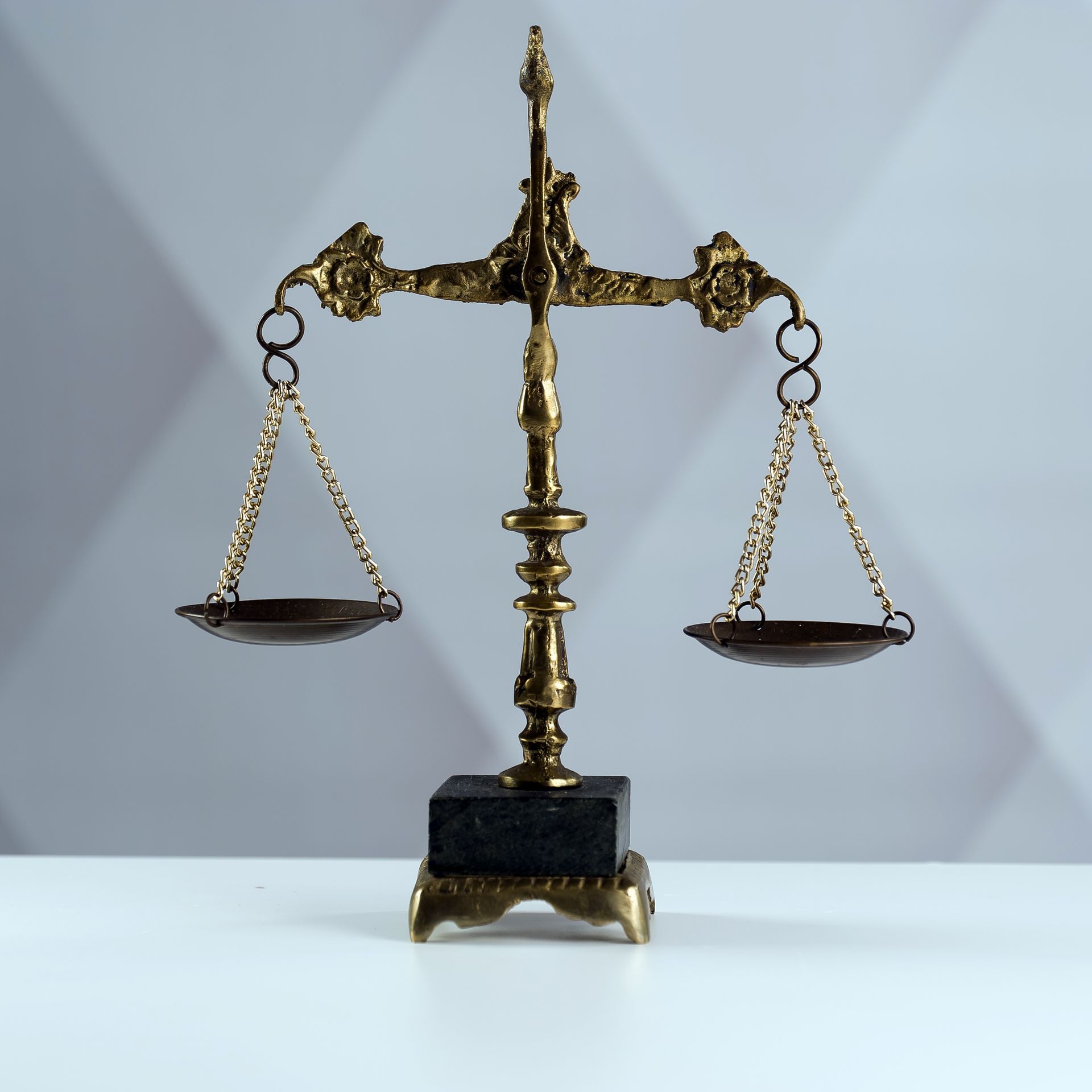
If you're facing criminal charges in East Longmeadow, MA, don't wait to take action. Learn four important reasons to speak with The Law Office Of William J. O'Neil about your case today. Flat fee pricing, free consultations, and flexible availability make it easier than ever to take that first step.
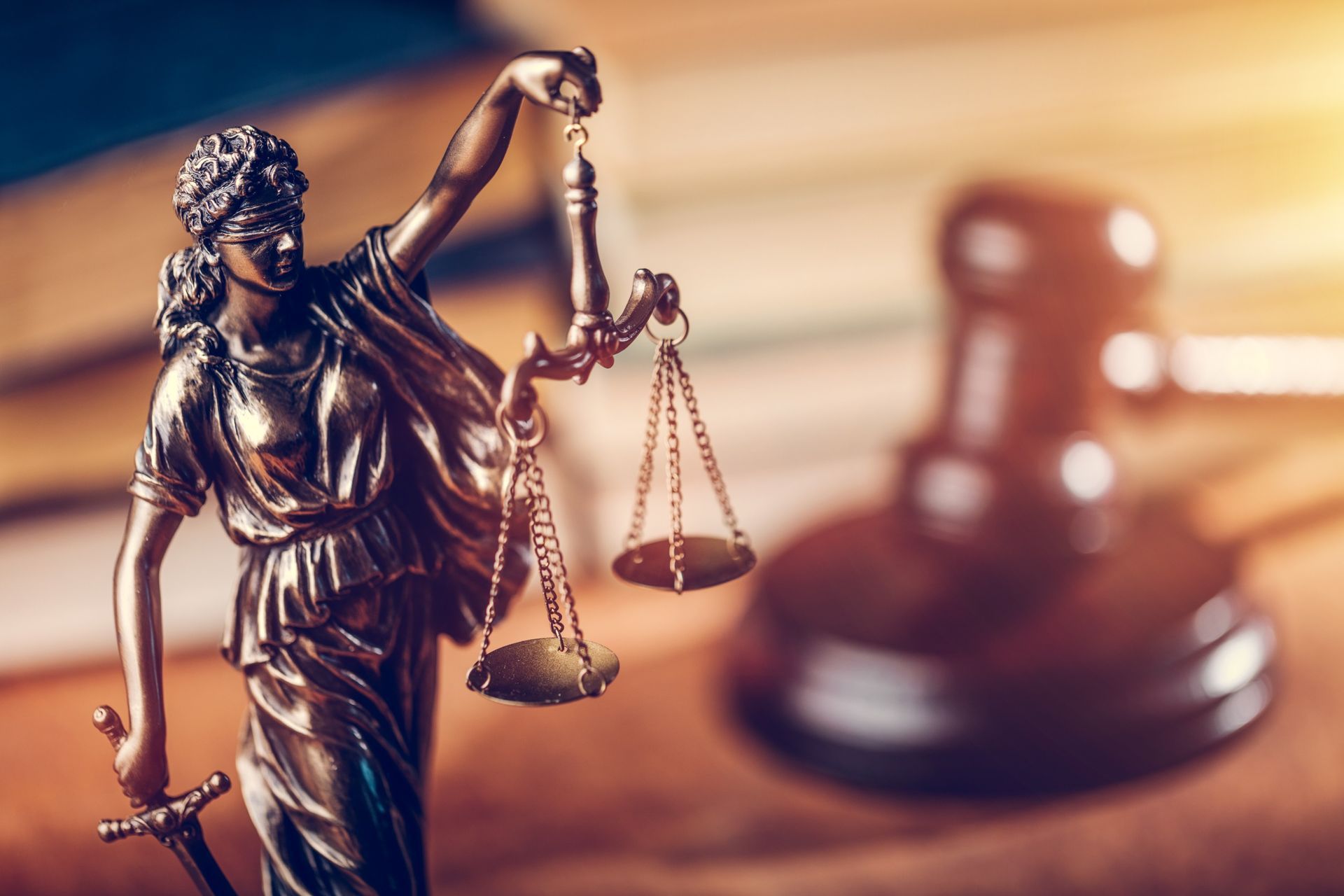
Learn the key differences between drug possession and intent to distribute charges in East Longmeadow, MA. Explore how the amount of drugs and other factors can impact your case and potential legal consequences. If you’re facing drug charges, The Law Office of William J. O’Neil is here to assist you in navigating your legal options.

Learn about which debts can and cannot be discharged in Chapter 7 bankruptcy. This blog post explains common dischargeable debts like credit card bills, medical expenses, and non-dischargeable debts like student loans and child support. Find out how filing for Chapter 7 bankruptcy can help you regain financial stability.


